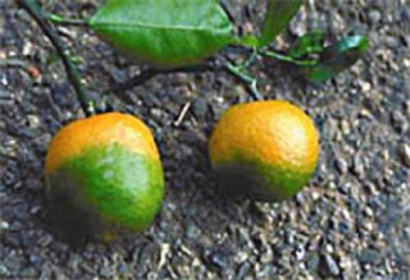
Since 2005, the Florida citrus industry has been struggling to combat a disease known as "greening", a bacterium that is spread by common bugs called psyllids. Once a citrus tree is exposed to the bacteria its lifespan and productivity are nearly cut in half. As a result, trees are "rogued" or extracted and burned at a rate of roughly 10-20 percent per year, almost ten times the normal rate of 1-2 percent annually. Attempts to eradicate the disease have thus far been unsuccessful.
Through a partnership with the Gulf Citrus Growers Association and the University of Florida, Attis Innovations is working to develop a system to utilize rogued citrus trees and their byproducts. The company claims that by fully deploying its biorefining technology approximately 125 high quality, well paying refinery jobs could be created while the business generates more than $115 million in EBITDA on invested capital of less than approximately $300 million.
A key component of Attis’s technology is the ability to build cost effective facilities at small scale to match feedstock supplies and available capital. Attis expects that the total citrus tree plan would be built out over five projects at approximately $60 million each.
"The greening disease that has been affecting the citrus industry in Florida over the last 12 years has created a considerable strain on the profitability of citrus growers," said Ron Hamel, Executive Director of the Gulf Citrus Growers Association.
Attis Industries Chief Executive Officer, Jeff Cosman, added, “Mining value from otherwise low value feedstocks to create new found wealth and jobs is our mission. We greatly appreciate the efforts of Ron Hamel and Dr. Calvin Arnold, and we are excited about the potential source of income to our shareholders and the Florida citrus industry.”

